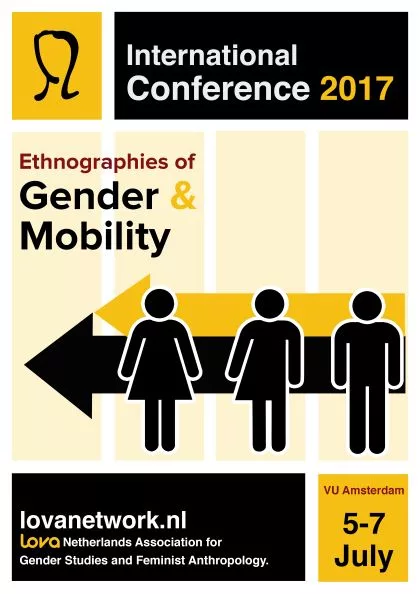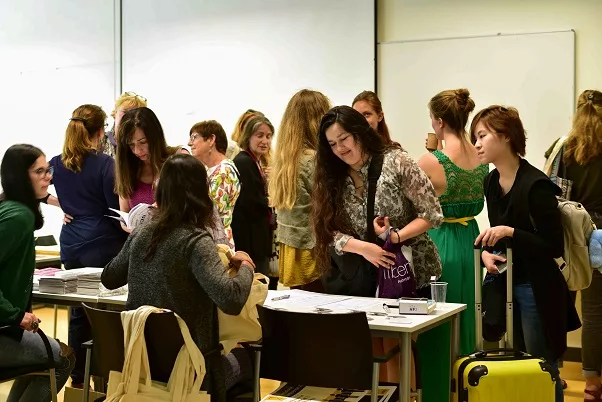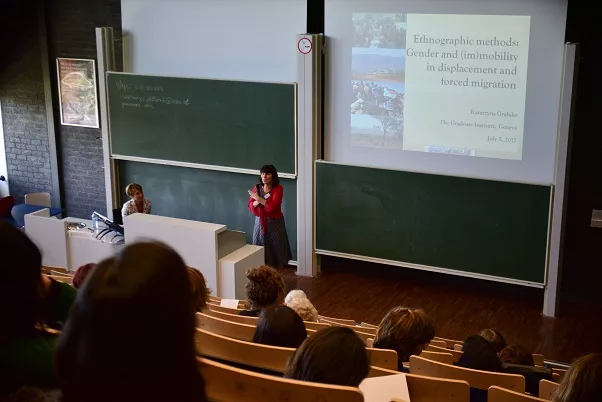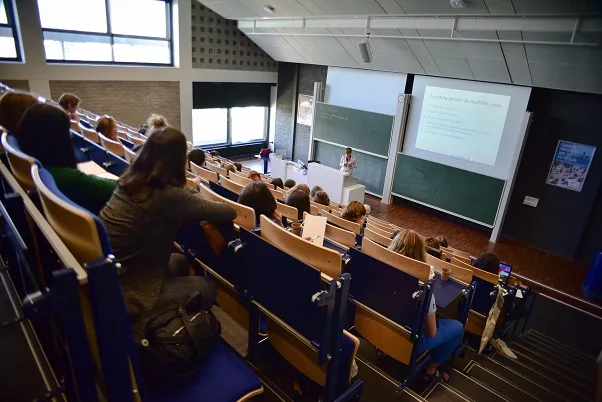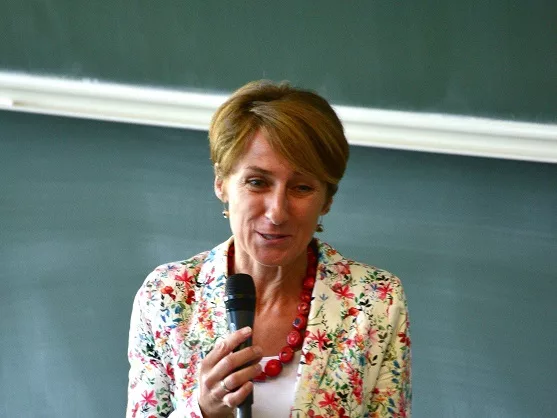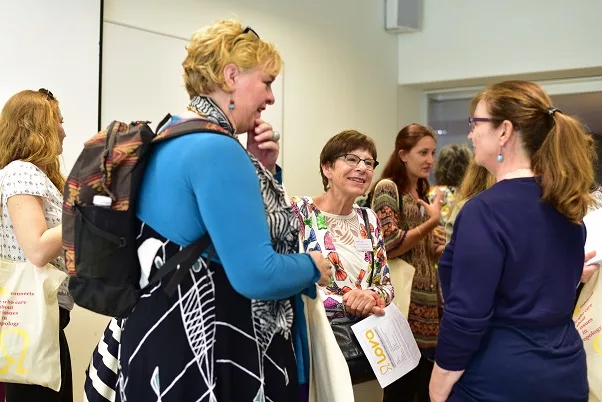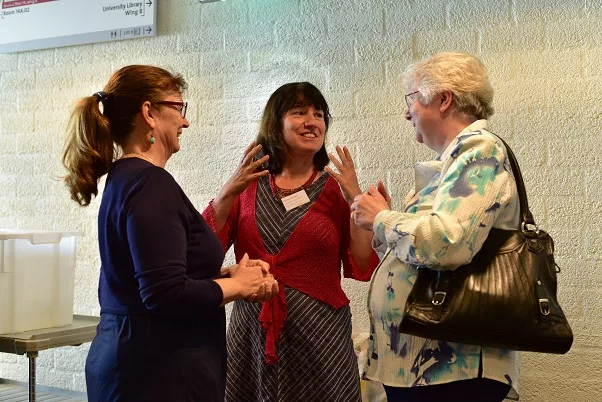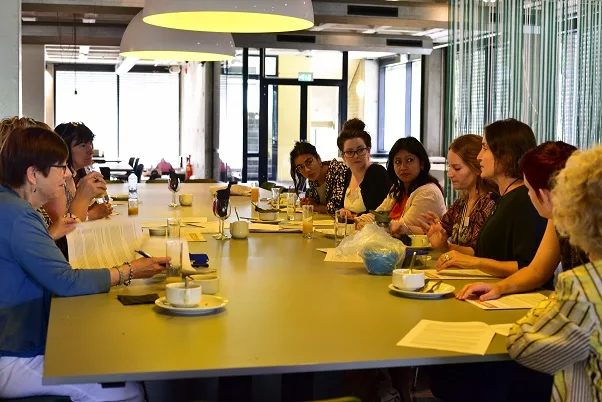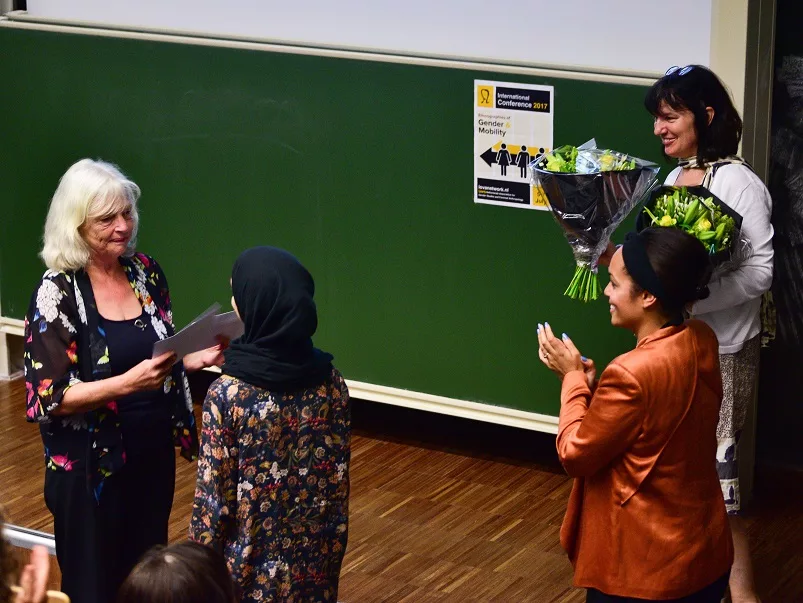Lova’s fourth International Conference was on the topic of Ethnographies of Gender and Mobility and was held Wednesday 5 to Friday 7 July 2017, at Vrije Universiteit Amsterdam.
Mobility has become one of the most important concepts in contemporary social sciences, capturing the idea that life is in flux. Not only is an increasing number of people moving across the world, but also ideas, images, information, objects, cultures and many other things are circulating rapidly, affecting people’s lives in many different ways. Yet, mobility is not equally accessible to everyone, and being mobile is not automatically positive. This conference focused on the relationship between gender and (im)mobility. What does a gender lens add to our understanding of mobility and immobility? How do relationships of power, especially with regard to gender, get reconfigured in current mobility contexts? What type of new gender (and other) hierarchies, opportunities, and challenges is being created as a result of increased mobility? And what do ethnographic methods contribute to the study of gender and mobility?
In this conference, these and other questions were discussed and new research in the field of gender and mobility was presented. Around sixty participants, academic and non-academic scholars, PhD candidates, and Master’s students exchanged their research findings, perspectives, experiences and feelings. The first keynote was delivered by Katarzyna Grabska about her ethnographic research with refugees in and from South Sudan. Naomi van Stapele gave the second keynote about her research findings on masculinities, belonging and immobility in the context of police killings in poor urban neighbourhoods in Kenya. In twelve-panel sessions papers were presented about a wide diversity of research; two sessions were done with two film screenings each. On the second evening of the conference, a public event on gender and migration in the Netherlands was organized in cooperation with two institutions in Amsterdam: Atria, Institute on Gender Equality and Women’s History (https://institute-genderequality.org/), and the World House, which supports undocumented people with counselling, education and culture (https://www.wereldhuis.org/). Women from Syria, Afghanistan, and Uganda shared their personal experiences while others talked about research findings. A report of this event was written for a blog page: Impressive stories on July 6, 2017 can be found on in our blogs. In Lova Journal #38 of December 2017 two reports of the conference have been published.
